Introduction to the Centre
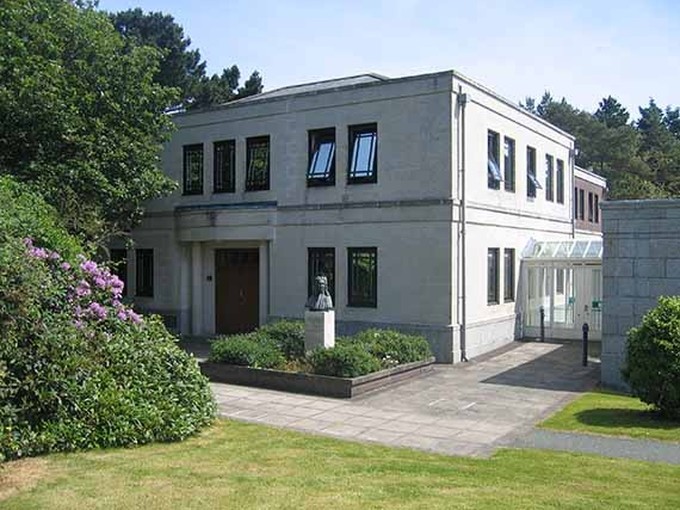
Introduction to the Centre
The Centre for Advanced Welsh and Celtic Studies is a dedicated research institute of the University of Wales, located alongside the National Library of Wales in Aberystwyth.
We carry out collaborative research projects into the language, literature and history of Wales and the other Celtic countries. The 2021 Research Excellence Framework confirmed our status as an international centre of excellence in Celtic Studies, rating 74% of our work as ‘world-leading’ or ‘internationally excellent’ (4/3*).
-
The Centre was established by the University of Wales in 1985, with a well-stocked library which has grown over the years into an invaluable resource for Welsh and Celtic Studies. The Centre’s first Director was Professor R. Geraint Gruffydd, and its first project was the preparation of an edition of the work of the Poets of the Princes , published in seven volumes (1991–6).
In 1993 the Centre moved to purpose-built accommodation adjacent to the National Library of Wales. In the same year Emeritus Professor Geraint H. Jenkins took over as Director, and the following fifteen years saw a considerable expansion in our activities, with three research projects soon running concurrently.
Completed projects include The Poets of the Princes, The Poets of the Nobility, The Social History of the Welsh Language, The Celtic Languages and Cultural Identity, The Visual Culture of Wales, Iolo Morganwg and the Romantic Tradition in Wales, The Poetry of Guto’r Glyn and Wales and the French Revolution.
The University of Wales Dictionary is one of our major projects. The other current projects include Thomas Pennant and the Welsh and Scottish Tour, Atlantic Europe in the Metal Ages, The Cult of the Saints in Wales and Place-Names of Shropshire. The Centre currently has a total of over thirty staff. Following the retirement of Emeritus Professor Dafydd Johnston in December 2020, Professor Elin Haf Gruffydd Jones is now Director.
The Centre holds regular events open to the public, including annual fora relating to our current projects, major Celtic Studies conferences, and fortnightly seminars during the winter and spring terms.
Our core funding is provided by the University of Wales and the Higher Education Funding Council for Wales, with additional project funding from UK Research Councils and charities, the British Academy, and a variety of public and private donors. We are currently in receipt of funding from the Arts and Humanities Research Council for our projects on Atlantic Europe in the Metal Ages, The Cult of the Saints in Wales and Thomas Pennant and the Welsh and Scottish Tour.
Central to the mission of the Centre, Celtic Studies is a wide-ranging academic discipline encompassing the languages, literatures, history and cultures of Wales, Ireland, Scotland, Brittany, Cornwall and the Isle of Man, as well as wide areas of continental Europe and Asia Minor in ancient times. Some claim to see essentially Celtic forms of art, music, literature, religion, and even world-view. But the most scientifically well-founded basis for unifying the study of the Celtic peoples is the systematic relationship of their languages. Their comparison implies a common origin, as first recognized by Edward Lhwyd in his Archaeologia Britannica in 1707. To a surprising degree the Celts of today’s popular imagination and even for the experts are still Lhwyd’s Celts. This is how they came to view at the dawn of scientific inquiry - and year of the founding of the British state - on the common ground discovered among the Britons, Gaels, and ancient Gauls. Having grown a thick network of roots in western thought for the intervening 300 years, out-dated ideas about the Celts persist, impervious to the flood of challenging new evidence from historical linguistics, archaeology, and genetics. A radical reconsideration of the origins of the Celtic languages and groups called Celts is central to our current AHRC-funded project on Atlantic Europe in the Metal Ages (AEMA).
It is beyond doubt that the peoples of the Celtic-speaking regions have made a major contribution to European civilization from the Bronze Age onwards. Their history has been one of marginalization and oppression by imperial powers, but their languages and cultures continue to survive, adapt, and develop in the modern era. The bardic poetry of Wales and Ireland is one of the little-known treasures of medieval Europe, and yet both countries have vibrant contemporary literatures too. Although Celtic Studies provides a wealth of unique insights into tradition and cultural heritage, it is not a backward-looking discipline, but offers essential opportunities for the study and enrichment of modern culture and planning for the future of our languages and communities. As public awareness increases concerning the rapid extinction threatening the Earth’s thousands of smaller languages, today’s Celtic languages hold a special place as laboratories for survival in intimate contact with the world’s dominant language.
More information about the Celts and new approaches to the enigma of Celtic origins is available in four works edited by Professor John Koch, the five-volume Celtic Culture: A Historical Encyclopedia (2006), An Atlas for Celtic Studies (2007), and, with Barry Cunliffe, Celtic from the West (2010, 2012),and Celtic from the West 2 (2013).
More about the Centre
Early History of the Centre in the occasion of the opening of the new building of the Centre for Advanced Welsh and Celtic Studies, 28 May 1993.
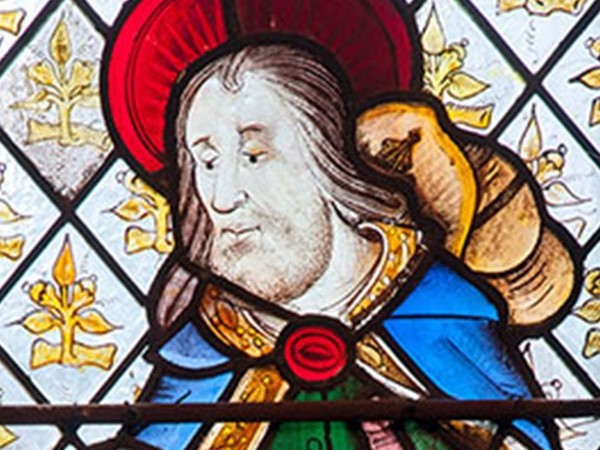
Information and resources regarding the current CAWCS Research Projects find the relevant project and the information in the accordions.
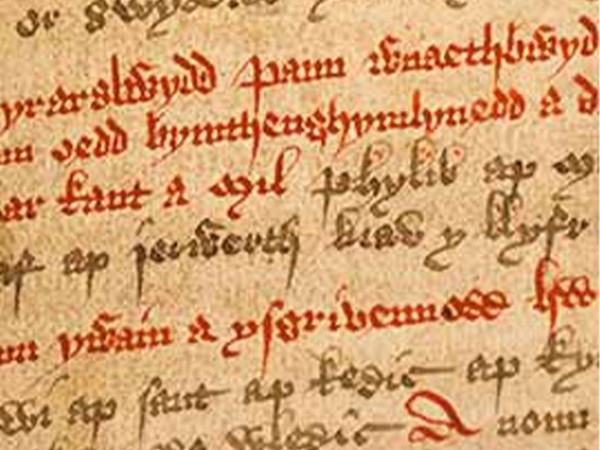
Collaborations
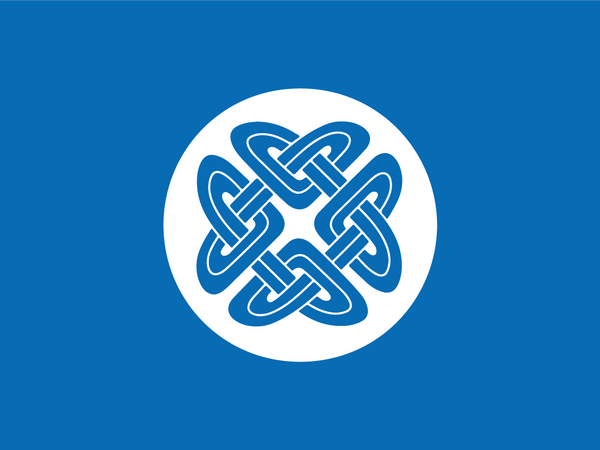
The University of Wales Centre for Advanced Welsh & Celtic Studies holds regular fora or one-day mini-conferences. Usually one forum is held for each current project every year.
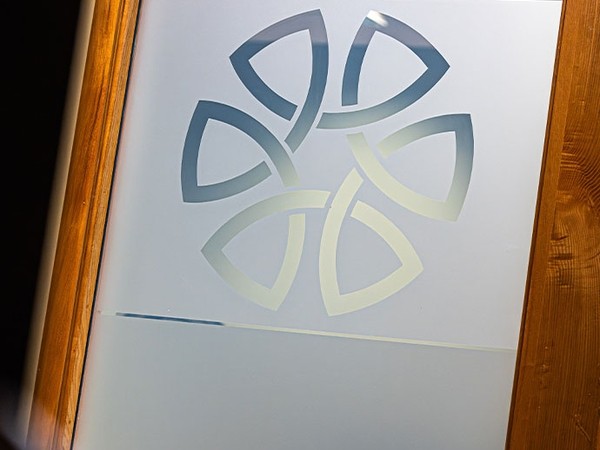
The University of Wales Centre for Advanced Welsh and Celtic Studies in Aberystwyth provides postgraduate studies for the research degrees of MPhil or PhD in the fields of Welsh and Celtic Studies.
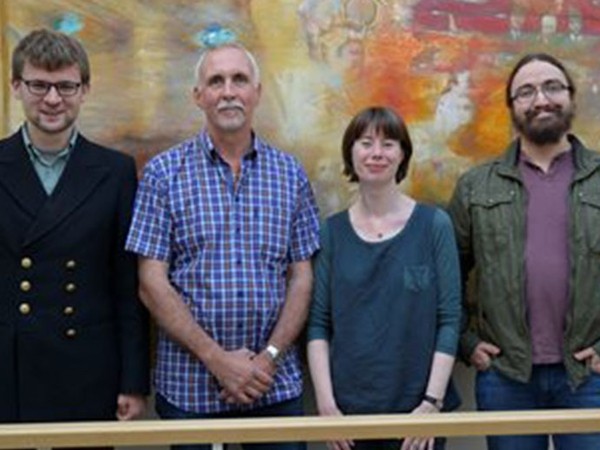
Contact Us
UNIVERSITY OF WALES CENTRE FOR ADVANCED WELSH & CELTIC STUDIES
National Library of Wales
Aberystwyth
Ceredigion
SY23 3HH
Tel. +44 1970 636543
Phone: +44 1970 636543
E-mail: cawcs@wales.ac.uk
